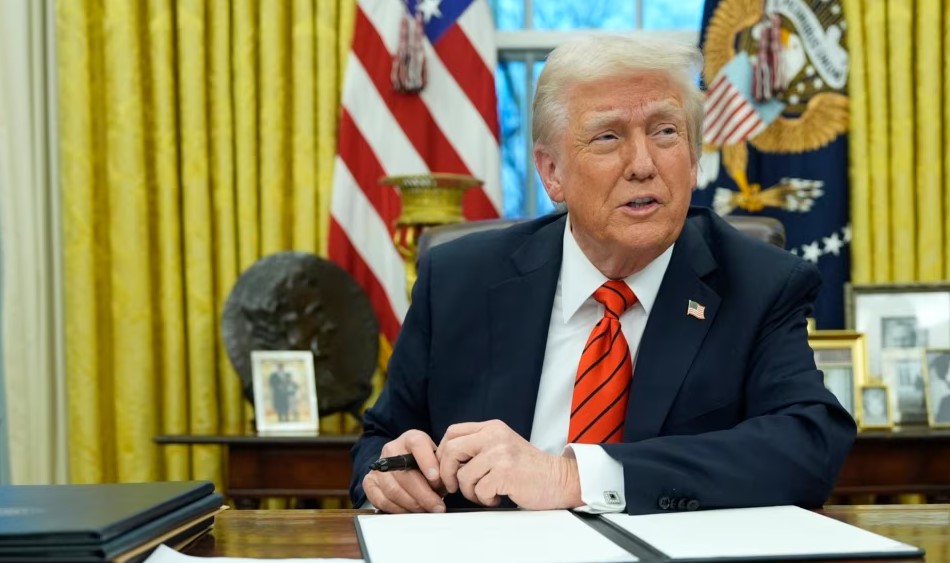The Trump administration is set for tense discussions with Arab leaders this week as President Donald Trump continues to push his controversial plan for U.S. involvement in Gaza. Trump has proposed the U.S. “taking ownership” of Gaza, which includes relocating Palestinians from the area to Jordan and Egypt to create a transformed Gaza, envisioned by Trump as “the Riviera of the Middle East.”
Jordan’s King Abdullah II will meet with Trump at the White House on Tuesday, marking the first Arab leader to meet with Trump since his return to power. Jordan has been a crucial support for Palestinian refugees, already hosting millions. However, Trump’s plan calls for these countries to absorb nearly 2 million more Palestinians, which has sparked strong opposition from leaders like King Abdullah.
The Jordanian royal court issued a statement rejecting any plan to displace Palestinians and annex their land, emphasizing the importance of halting Israeli settlement expansion. Abdullah has also engaged with the United Nations and other nations supporting Palestinian statehood to oppose Trump’s proposals.
Despite this opposition, Trump remains adamant. In a recent Fox News interview, he stated that Palestinians removed from Gaza would not have the right to return after the area is rebuilt, arguing they would have better housing. Trump has also threatened to withhold U.S. aid to Jordan and Egypt if they do not cooperate with his plan.
Secretary of State Marco Rubio is set to visit several Middle Eastern countries this week, including Israel, Saudi Arabia, and Qatar, to push the U.S. agenda. However, Rubio’s statements have raised questions, as he has not clarified whether Palestinians will be allowed to return post-reconstruction.
Experts suggest Trump’s Gaza proposal may be a negotiation tactic, but its impact on the peace process has already been damaging. Some believe Trump’s approach could lead to more engagement on postwar Gaza, though it faces significant resistance from Jordan and Egypt.


